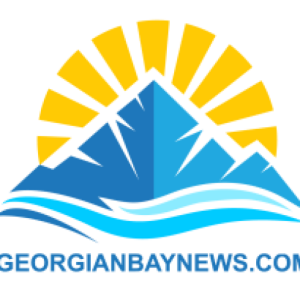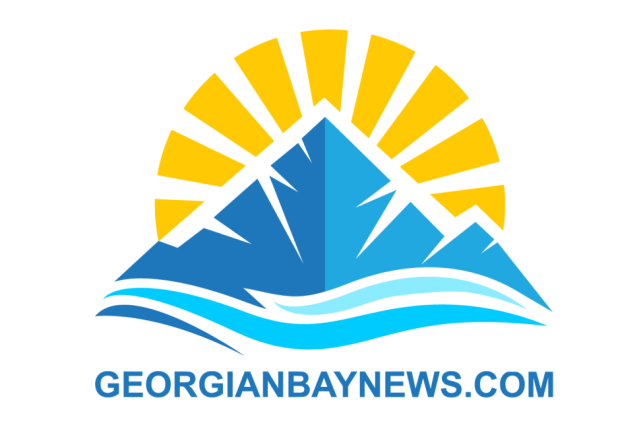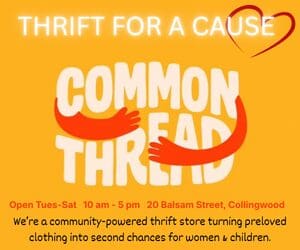In this episode of Impact Theory, I’m joined by David Friedberg, a self-described “extreme optimist” who believes that capitalism – specifically entrepreneurship – is the fastest way to improve human productivity and potential, unlocking a more abundant and sustainable future for all.
Today we’re getting into the economic challenges the U.S. face, specifically the risks associated with high debt relative to GDP, and how excessive taxation to service this debt can stifle investment and have lasting detrimental effects on economic growth. We explore the transformative potential of gene editing, including promises for agricultural advancement and just be the answer to sustainable nutrition for a rapidly growing global population.
We also examine the balance between technological progress and regulatory oversight, the societal divide over adopting new innovations, and how AI could redefine creativity and productivity. If you’re serious about innovation and understanding the future of our economy, you won’t want to miss this episode.
CHAPTER MARKERS: [0:00] The Unsustainability of the U.S. economy [54:32] Impacts of innovation & deflation [1:12:17] Is the cost worth the trade off? [1:50:18] Rejecting or embracing technology [2:21:43] Conflicts, politics & fact-based debates
POWERFUL QUOTES FROM DAVE:
“So the government is a customer of many businesses or employing many people that end up working directly for the government or under government programs.”
“Things are going to inflate because there’s more dollars to spend on stuff and the cost of things will naturally go up.” “We face another critical problem right now, which is a very serious negative view on technology. And I do think that the majority of people don’t necessarily think about, if you say the word technology, there’s a more negative association with that word than positive.”
“So everything about what appealed to people starting in the seventies, as represented out of Disneyland and Tomorrowland was all about technology goes awry, and we have to return everything to a natural, organic state.” “We worry more about loss than we care about gain.”
“At any given moment, there is the potential for war, okay, at any given moment, there is someone out there talking smack about the United States, there is someone out somewhere out there instigating, launching stuff at a base. There’s always some instigation.”
“War historically has driven a lot of shifts in economic productivity. It has driven a lot of growth in aspects of the economy that need to be stimulated.” “In El Salvador, they put all the cartel members in prison and made bitcoin a national currency.” “There’s a lot of these kind of social policies that get wrapped up, many of which we could dissect. Is the cost worth the trade off? And some would argue, yes.”
Follow David Friedberg: Website: https://www.tpb.co/
Twitter: https://x.com/friedberg
Podcast: https://www.allinpodcast.co/
Follow Me, Tom Bilyeu:
Website: https://impacttheoryuniversity.com/
X: / tombilyeu
Instagram: / tombilyeu
If you want to dive deeper into my content, search through every episode, find specific topics I’ve covered, and ask me questions. Go to my Dexa page: https://dexa.ai/tombilyeu





















